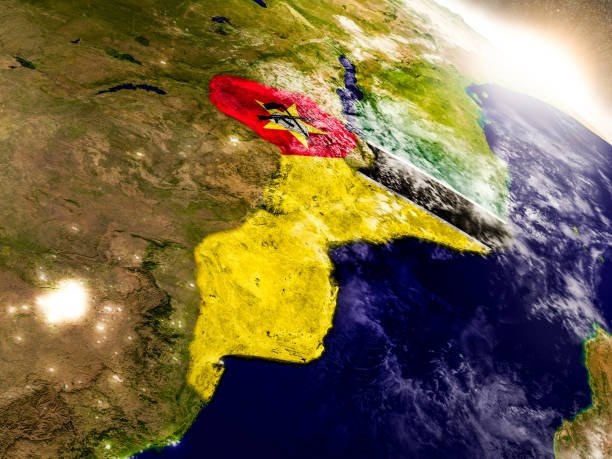Mozambique wants to strengthen economic cooperation with São Tomé and Príncipe
Mozambique GDP to grow 5% this year, 7.5% in 2024 – UN report

in file CoM
The United Nations (UN) forecasts that Mozambique’s Gross Domestic Product (GDP) will grow 5% this year while that of Equatorial Guinea will shrink by 1.4% in the same period.
These will be, respectively, the biggest GDP growth and the biggest contraction among the Portuguese Speaking African Countries (PALOP) in the current year, according to the UN’s `World Economic Situation and Prospects 2023` report released this Wednesday .
As for 2024, the trend continues, with the UN projecting GDP growth of 7.5% in Mozambique and a decline in Ecuadorian GDP of 4.6%.
The report also estimates that Cape Verde’s GDP will grow 4.6% this year and 5.3% in 2024, Guinea-Bissau’s 4.2% in 2023 and 4.5% the following year and Angola’s 2.9% in the current year and 3.7% in 2024.
Still within the PALOP countries, the United Nations projects that São Tomé and Príncipe’s GDP will grow 2.2% this year and 2.9% next year.
The UN also estimates that inflation in Mozambique will be 8.9% this year, and will stand at 3.6% in Cape Verde, 4.1% in Guinea-Bissau, 11.8% in Angola, 11.2% in São Tomé and Principe and 5.8% in Equatorial Guinea.
More generally, the UN expects global inflation will remain high in 2023, at 6.5%, and world growth will slow down compared to 2022, settling at 1.9%. The UN urges governments to avoid austerity.
According to the report, a series of serious shocks to the world economy were reinforced in 2022. These include the Covid-19 pandemic, the war in Ukraine and the consequent food and energy crises, rising inflation and debt tightening, as well as the climate emergency. These factors will continue to have an impact on the world economy in 2023.
The economic perspectives presented by the United Nations are “gloomy” both for the developed economies and for the developing ones, where expectations of recession this year dominate.
“Growth momentum weakened significantly in the United States, European Union and other developed economies in 2022, negatively impacting the rest of the global economy through multiple channels. Tightening global financial conditions, coupled with a strong dollar, exacerbated vulnerabilities, taxes and debt in developing countries,” the text details.
Regarding Africa, the report stresses that the continent was hit by “a series of severe and mutually reinforcing shocks”, such as the war in Ukraine, which further weakened the growth prospects of African economies, as it occurred at a time when countries were still recovering from the impacts of the Covid-19 pandemic, climate shocks and security crises in some countries.
The United Nations report takes the opportunity to stress that, in 2022, the number of people experiencing acute food insecurity more than doubled compared to 2019, reaching almost 350 million.
In this scenario, the report calls on governments to avoid austerity, “which would stifle growth and disproportionately affect the most vulnerable groups, affect progress in gender equality and obstruct development prospects across generations”.












Leave a Reply
Be the First to Comment!
You must be logged in to post a comment.
You must be logged in to post a comment.